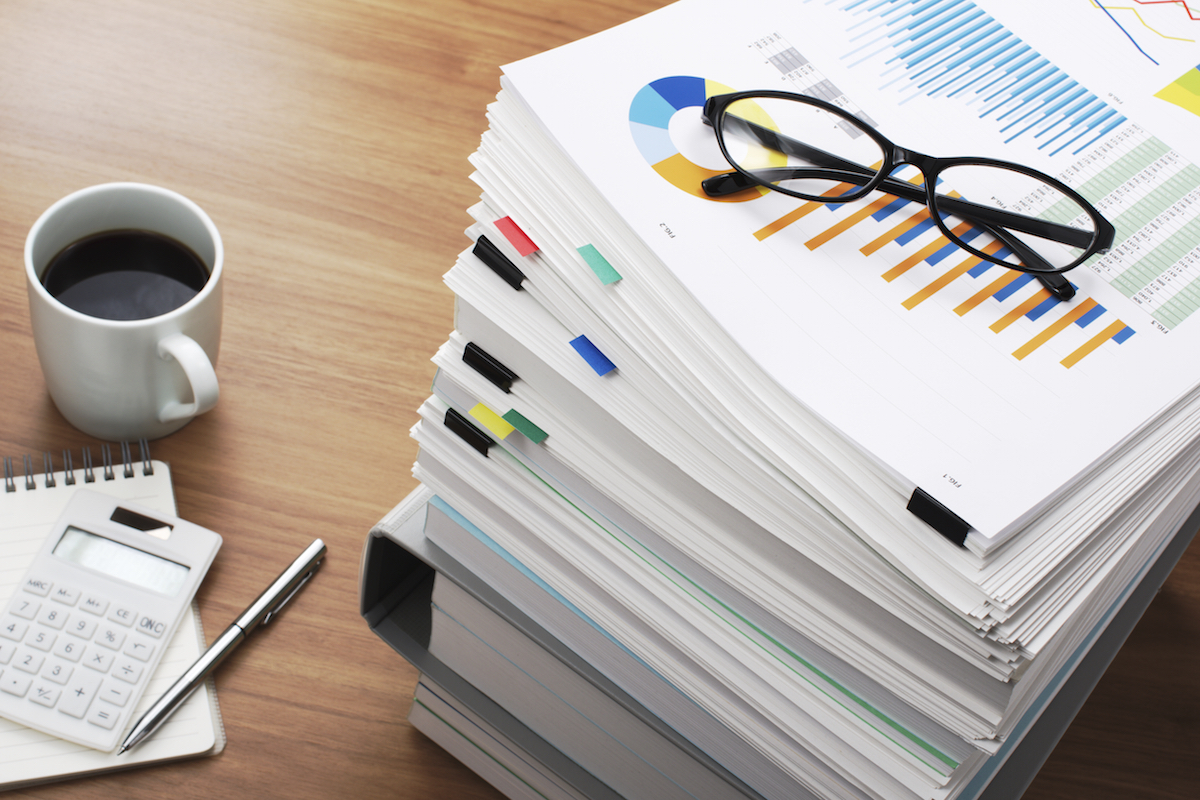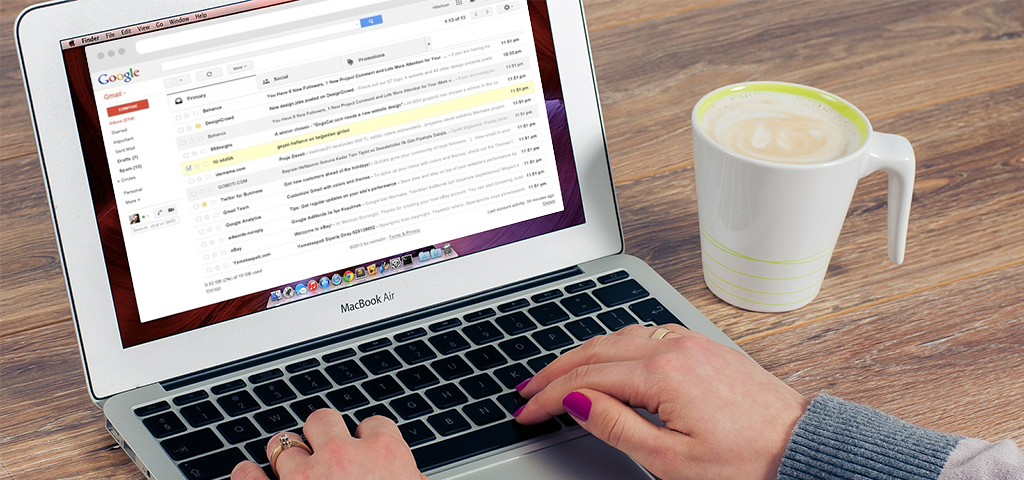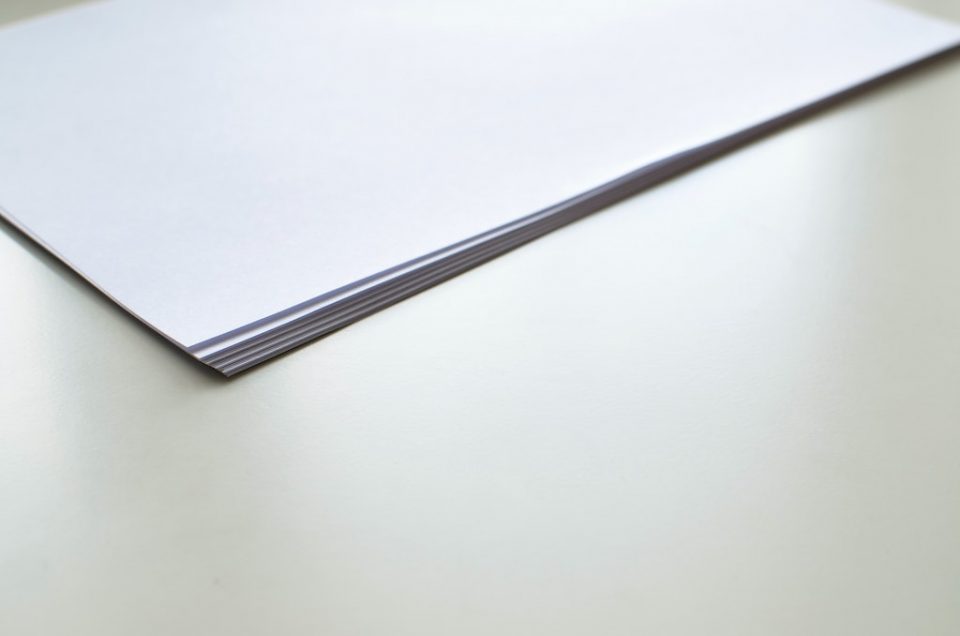How to have productive emails

Tobias van Schneider – The Creative Spirit at Spotify
June 30, 2016
Tips to organise your paperwork and increase your productivity
July 14, 2016
Emails are a huge time-saver in communication.
Thanks to them we can send and receive messages in seconds, no matter where we are. However, emails can also waste a lot of time. There is the temptation to be constantly checking and replying to emails throughout the working day, which can take up a lot of time, as well as sending emails back and forth and achieving very little from it or waiting days to get a response from someone.
Consider the following tips to make your email habits more productive and to save time in your day.
#Allocate time
Rather than having your inbox open all day and checking it every time you have an incoming message, allocate a certain time where you check and respond to all your emails, and then you can get on with your work for the rest of the day. This could just be an hour at the start of the day, or perhaps 30 minutes in the morning and 30 minutes after lunch.
#Get to the point
Receiving a long email can be off putting, discouraging us from reading it or making us leave it until later. If you feel this way, then your recipients probably do to. To encourage people to read and respond to your emails quickly, make it easy for them by sending short, straight to the point emails. If you have a lot to say and can’t keep it short, then you might be better off calling them or arranging a face-to-face meeting instead.
#Choose your moments
Most of us try to avoid checking our emails too late in the day in case they keep us working late. Sending your emails first thing in the morning or around lunchtime makes them much more likely to be read because people generally check their emails when they arrive at their desk. Plus, emailing people outside of work hours will send the message that they can do this to you as well, leaving you with urgent messages to respond to during your free time. You can always use email scheduling tools to send your emails at a more appropriate time.
#Add some personality
Your business emails should remain professional but if they are too formal and impersonal, then they may come across as boring. Make them a little more interesting to read and respond to by adding personal touches and showing some emotion.
#Wait a moment
Try to avoid replying to emails as soon as you receive them. If you do, you may forget important information which you will then have to send later when it comes to mind. This can lead to confusion and wasted time with multiple emails going back and forth. Take a few moments to collect your thoughts, perhaps write out the email and come back to it shortly after to make sure you have included everything that’s relevant.



